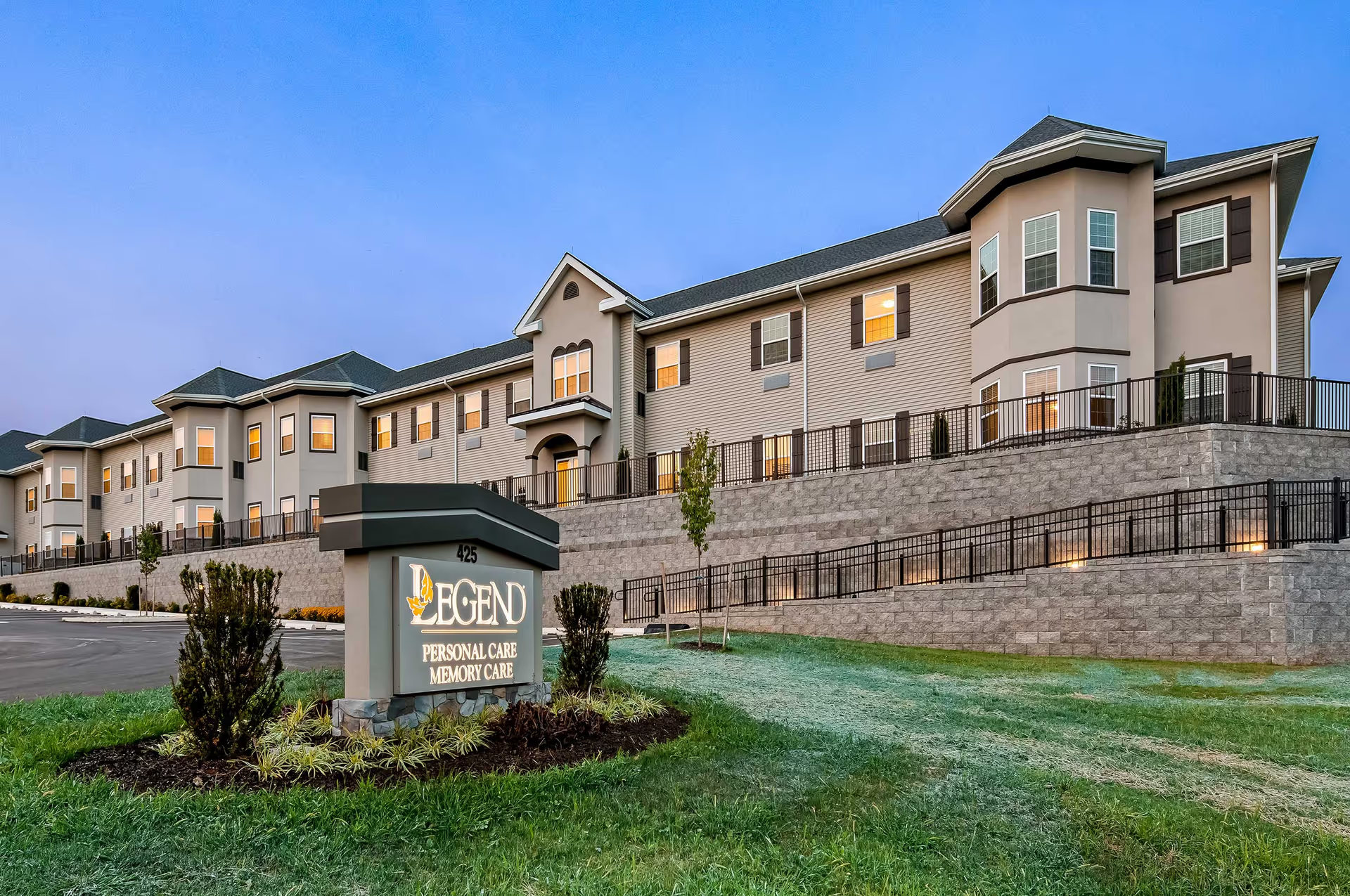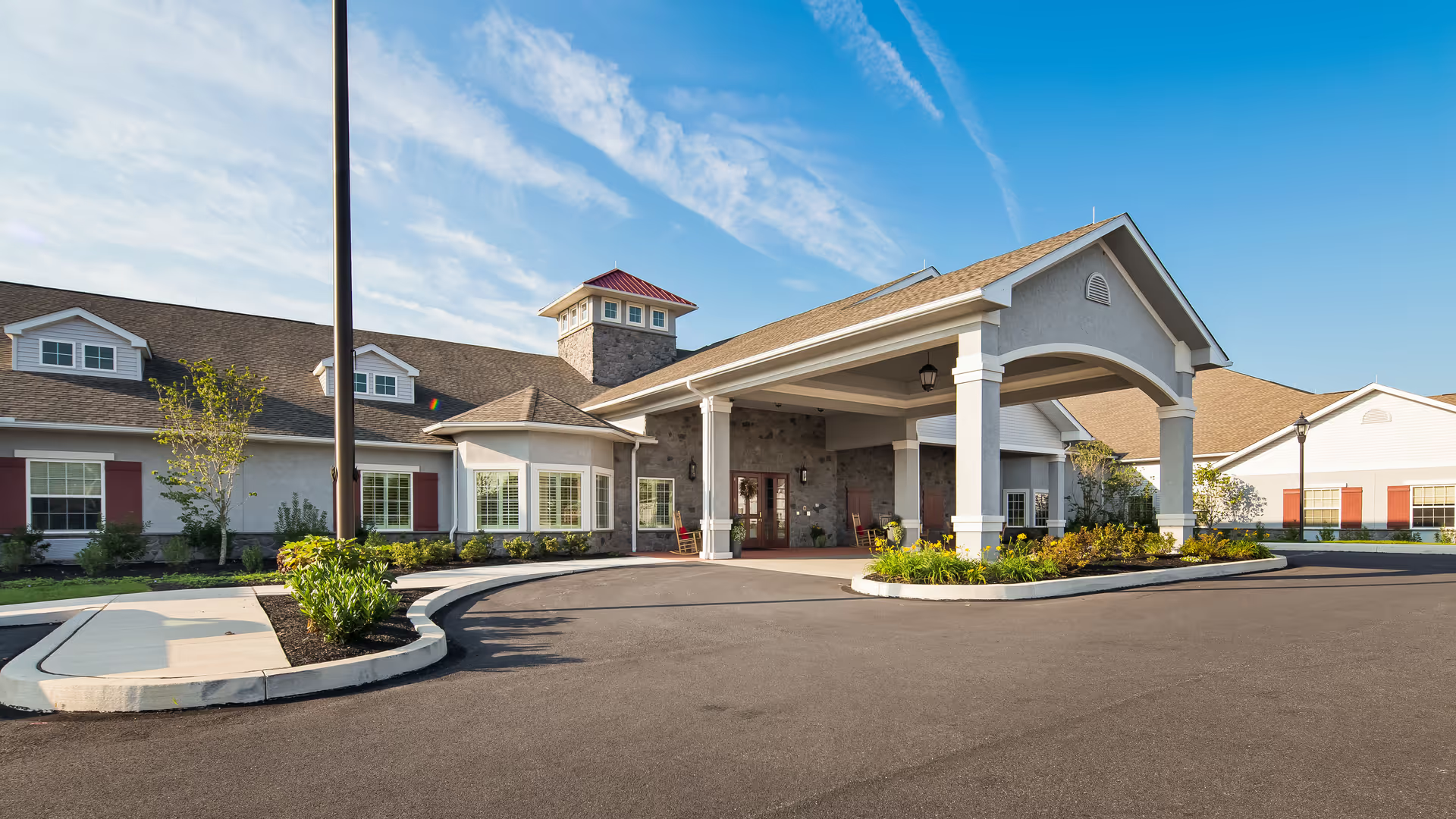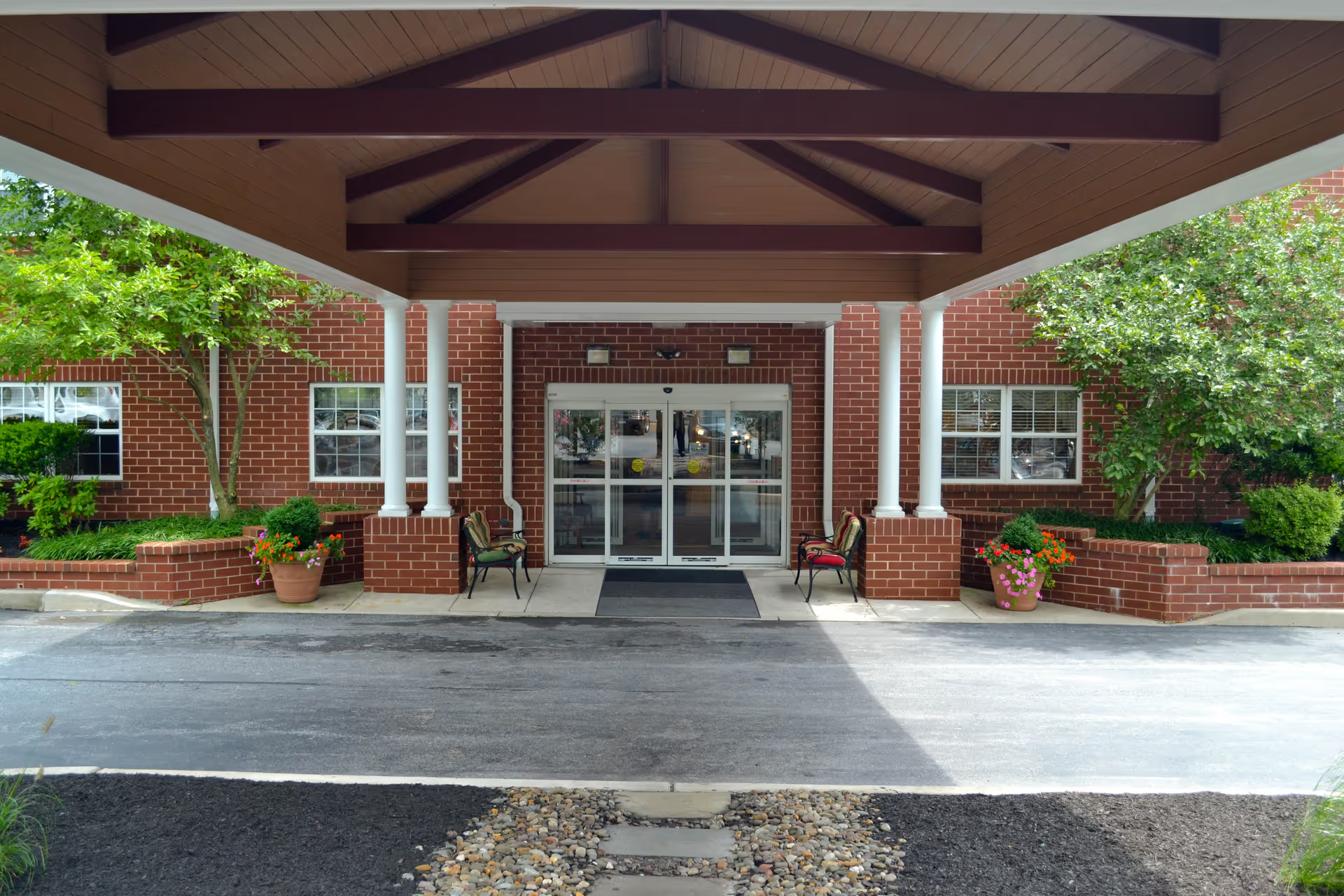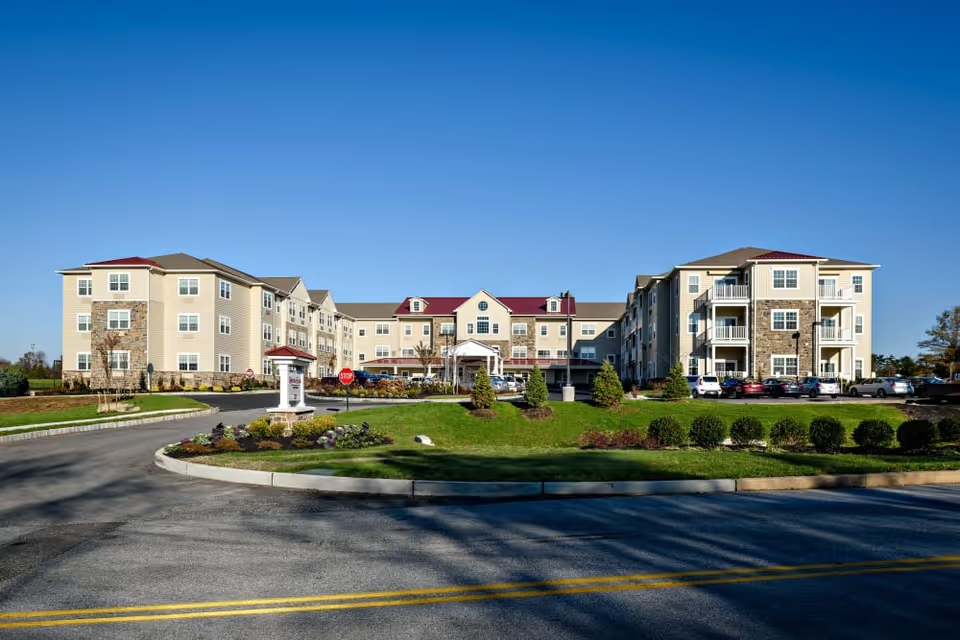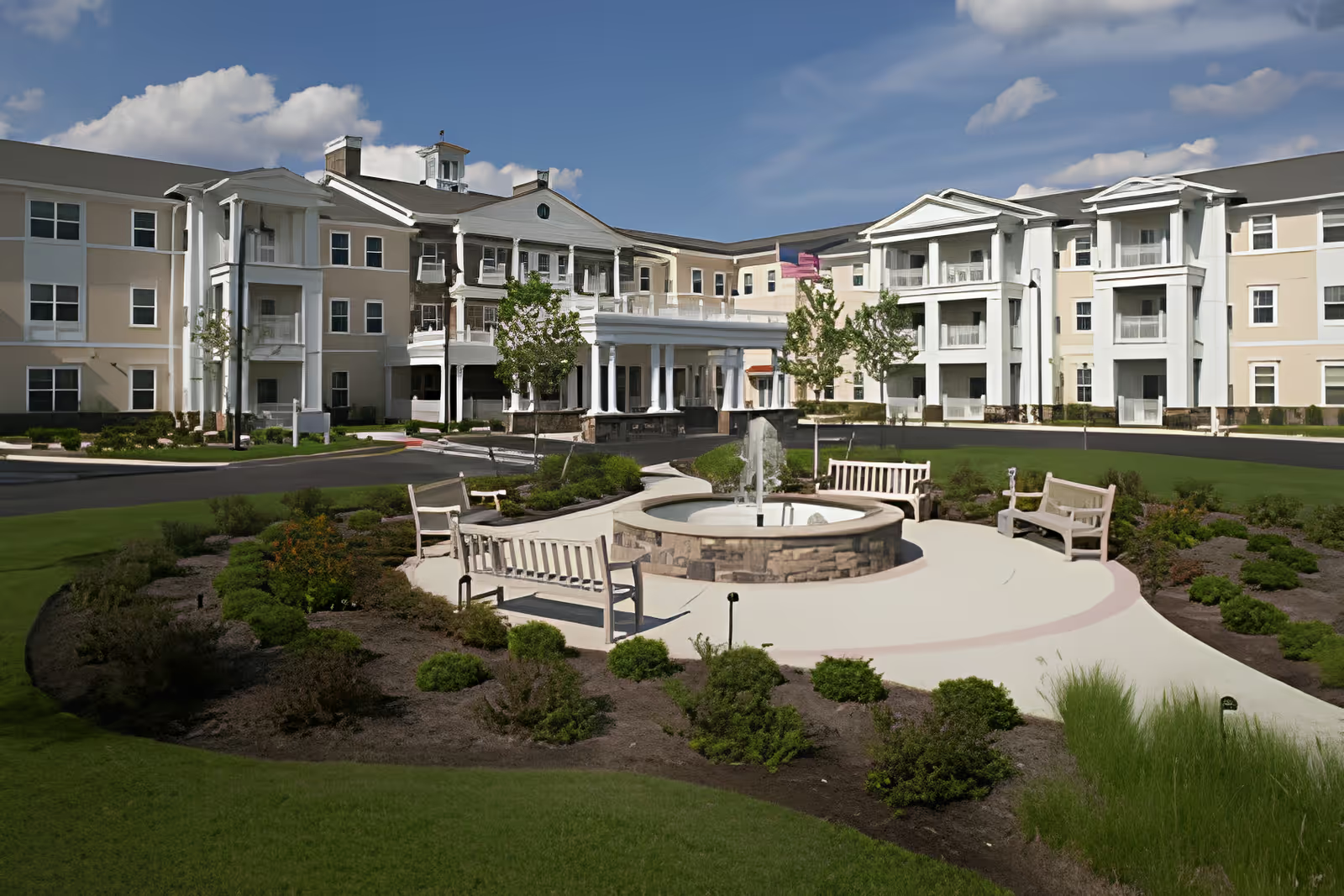Overall sentiment in the reviews is predominantly positive, with a strong pattern of praise for the people and the community atmosphere. Across many accounts, staff are described as caring, compassionate, and personable; families frequently name individual employees (Treva, Jason, Ashlee, Emma, Elaine, Pastor Martin) as making the admission and transition processes smoother and providing ongoing support. Many reviewers emphasize peace of mind, feeling welcomed, and consistent communication from admissions and nursing staff. The community is often described as clean, well‑kept, and resort‑like, with pleasant outdoor spaces, gardens, walking paths, and comfortable common rooms.
Activities and social life are major strengths repeatedly mentioned. Reviewers cite a packed social calendar — Bible study, arts and crafts, bingo, sing‑alongs, book clubs, dances, day trips and volunteer opportunities — that helps residents form new friendships, stay engaged, and in some cases improve cognition. Recreation amenities such as a well‑equipped activity room, exercise area, movies, gazebo, and frequent whiteboard schedules reinforce the sense of an active, intentionally programmed community. Memory care services receive notable positive remarks, with specific praise for dementia‑focused activities, medication safety, and specialized staff who provide individualized attention.
Clinical and rehabilitative services are available on‑site and are appreciated by many families: PT/OT, physical and speech therapy, and on‑call medical support are cited as important conveniences that facilitate recovery and monitoring. Housekeeping and maintenance receive widespread positive comments, with many residents and families noting spotless rooms and regular cleaning. The availability of personal services (barber/salon, nails, laundry), private room options, and functional apartment layouts with storage add to the convenience and comfort for residents.
Dining and food quality show more mixed feedback. Numerous reviewers praise balanced, appetizing meals and an organized dining area, while a significant minority report issues: overcooked or mushy meat, running out of certain foods or condiments, use of disposables like plastic or Styrofoam utensils, and inconsistent meal quality between buildings. These dining inconsistencies are one of the more frequent specific complaints and appear tied for some reviewers to perceived differential treatment across buildings.
Staffing and management present the clearest pattern of concern. Several reviews mention staff shortages, high turnover, and variability in friendliness or competence between shifts — issues that affect continuity of care. A few serious criticisms report neglectful behavior, missed medication administration, safety or supervision lapses, and even hygiene problems (isolated reports of infestations or undetected illnesses). Additionally, families raise concerns about rent increases, occasional perceived condescension from management, discrepancies between representations made at admission and later charges, and uneven communication in some cases. These concerns are not universal but are significant because they directly affect trust and perceived reliability of care.
Other recurring negative themes include accessibility problems for residents with arthritis (utensils and packaging), noise disturbances at night, limited help with tasks like laundry at times, and some reports of unprofessional or disrespectful conduct. There are also a few polarized accounts — glowing endorsements contrasted with strongly negative experiences — which suggests variability in experience depending on specific staff, building, shift, or time frame.
In summary, Ecumenical Retirement Community is frequently praised for its compassionate staff, pleasant campus, active programming, and generally clean, safe environment. These strengths create strong satisfaction for many residents and families, giving them peace of mind and a sense of community. However, prospective residents and families should be mindful of reported variability: ask pointed questions about staffing levels and turnover, consistency of dining quality across buildings, medication and safety protocols, fee escalation policies, and how the community handles complaints and incident follow‑up. Doing so will help determine whether the consistently positive experiences others describe will be likely for a particular apartment, building, or level of care, and will help mitigate the occasional but consequential negatives documented in the reviews.
